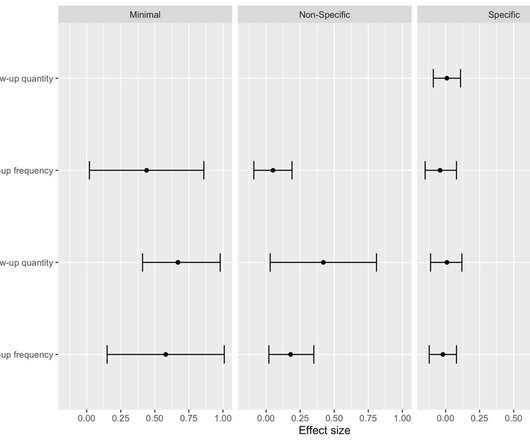Motivational Interviewing
University of Connecticut
AUGUST 25, 2022
Motivational Interviewing (MI) is a form of collaborative conversation for strengthening a person’s own motivation and commitment to change. Participants must attend both days to receive CECs. 120 – UConn SSW Alumni and Current Field Instructors. 150 – All Others.
















Let's personalize your content